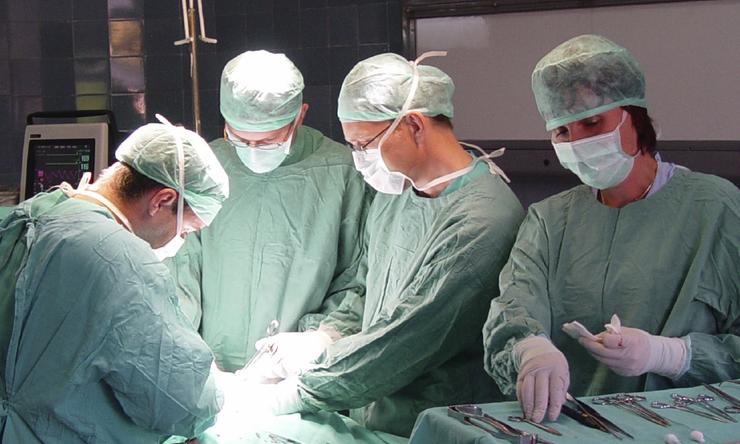Researchers work to prevent kidney failure after surgery
Scientists have improved their understanding of kidney failure for patients that possess high levels of suPAR protein (soluble urokinase-type plasminogen activator receptor). Researchers studied suPAR to understand its effects on kidney disease in patients that have undergone surgery, were admitted to the ICU or were exposed to contrast materials used during certain imaging procedures.
“suPAR is a circulating protein that is released by inflammatory cells in the bone marrow and produced by a number of cell/organs in the body,” said Dr. David Sheikh-Hamad, professor of medicine – nephrology at Baylor College of Medicine and collaborating author of the study.
People that express high levels of this protein in their blood are susceptible to kidney injury that develops after surgery, admission to ICU, or exposure to contrast.
Mice engineered to express high suPAR levels in their blood had worse kidney injury after contrast than control mice, and administration of suPAR blocking antibodies protected these mice from contrast-induced kidney injury.
“This protective strategy may be used in humans expressing high suPAR levels prior to contrast exposure, or surgery to decrease the likelihood of developing kidney failure,” Sheikh-Hamad said.
This study was published in The New England Journal of Medicine.
To speak with Sheikh-Hamad, please contact Homa Shalchi at shalchi@bcm.edu or (713) 798-4710.











